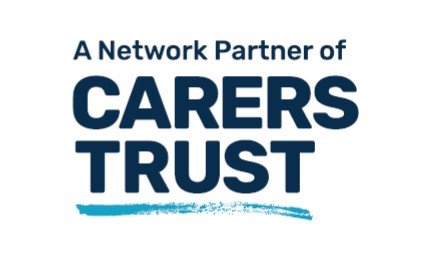Ann, with her dad Alan, is passionate about unpaid carers receiving the recognition and support that they deserve.
“I’ve been a carer for my dad, Alan, since 2018, when my mum died. He tried living on his own for a bit in sheltered accommodation nearer to me, but it wasn’t long before he needed more care, and came to live with me and my partner Charles, over a year ago.”
“At work I am senior, valued, respected. But a carer is invisible. I do an important job, for no wage, saving huge amounts of money for the state but I don’t feel that – outside my family – my care role is valued or acknowledged.”
“There are millions of carers who juggle unpaid caring responsibilities with full-time work, bringing up family, even – if you are a young carer – being in full time education. Caring often has to be absorbed into an already busy life.
I moved my dad in without any real understanding of the work involved. “And you are completely unprepared for it – there’s no training! – and the effects on your own wellbeing. It’s practically a full-time job to navigate social and health services to get the help that an old chap like my dad needs, with walking, with hearing, medicines for all his health needs, safety adaptations to my house, personal care. There’s no roadmap!”
“I know my dad would rather be living back in the family home, but it just wasn’t practical, and it would be a pale imitation of the life that he led with my mum.
There is satisfaction in creating a life for him. He’s well cared for and there’s family all round. And he doesn’t have to worry about anything. He can just enjoy his old age.”
“We like simple pleasures together, the garden and the crossword. Sitting in the sunshine. Caring is both hard and lovely.”
People aged 50 and over are the most likely to provide unpaid care: 20% of all women and 13% of all men aged 50-64 are unpaid carers.
